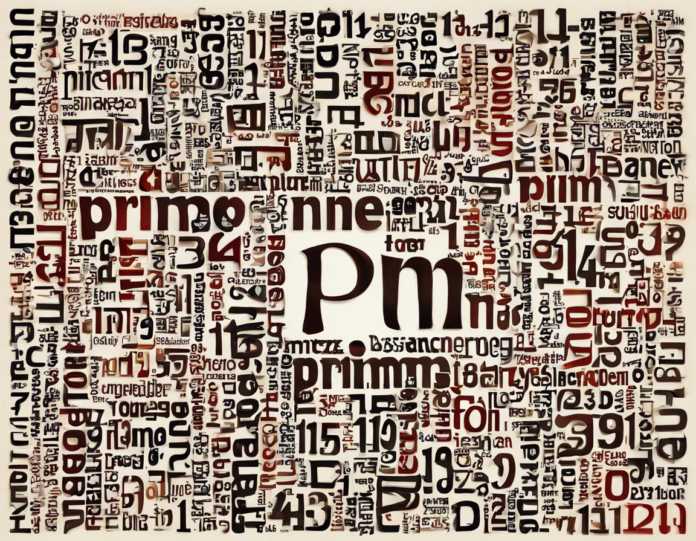Prime numbers are an essential concept in mathematics. A prime number is a natural number greater than 1 that can only be divided by 1 and itself without leaving a remainder. In other words, a prime number has exactly two distinct positive divisors: 1 and the number itself.
143 is not a prime number because it can be divided evenly by 1, 11, 13, and 143. Since prime numbers should only have two distinct factors (1 and the number itself), 143 does not fit this criterion. Therefore, 143 is not a prime number.
Prime Numbers
Prime numbers play a crucial role in various mathematical disciplines, such as number theory, cryptography, and computer science. Understanding prime numbers is essential as they are the building blocks for all natural numbers and have unique properties that distinguish them from composite numbers (numbers that have more than two factors).
Properties of Prime Numbers
- Infinitude: There are infinitely many prime numbers. This was proven by the ancient Greek mathematician Euclid.
- Fundamental Theorem of Arithmetic: Every natural number greater than 1 can be uniquely expressed as a product of prime numbers (prime factorization).
- Distribution: The density of prime numbers decreases as we move along the number line, but there is no apparent pattern governing their distribution.
Prime Number Sieve
The Sieve of Eratosthenes is a popular algorithm used to generate all prime numbers up to a specified integer n. It works by iteratively marking the multiples of each prime number starting from 2, uncovering the remaining numbers as primes.
Application of Prime Numbers
- Cryptography: Prime numbers are at the heart of many encryption algorithms, such as the RSA algorithm, due to their role in creating secure keys.
- Number Theory: Prime numbers are a rich area of study in number theory, with unsolved problems like the Twin Prime Conjecture and the Goldbach Conjecture.
- Computing: Finding large prime numbers is essential in fields like computer science and data encryption.
Frequently Asked Questions (FAQs) About Prime Numbers
- What is the smallest prime number?
-
The smallest prime number is 2, as it is only divisible by 1 and itself.
-
Are negative numbers considered prime?
-
No, prime numbers are defined as positive integers greater than 1 that have exactly two distinct positive divisors.
-
Can 1 be considered a prime number?
-
No, by definition, prime numbers must have exactly two distinct positive divisors, which excludes 1 (which has only one divisor).
-
Is 0 a prime number?
-
No, 0 is not a prime number. Prime numbers by definition are natural numbers greater than 1.
-
How many prime numbers are there between 1 and 100?
-
There are 25 prime numbers between 1 and 100. These include 2, 3, 5, 7, 11, 13, 17, 19, 23, 29, 31, 37, 41, 43, 47, 53, 59, 61, 67, 71, 73, 79, 83, 89, and 97.
-
What are twin prime numbers?
-
Twin primes are pairs of prime numbers that have a difference of 2 between them. Examples include (3, 5), (11, 13), and (17, 19).
-
Why are prime numbers important in encryption?
-
Prime numbers are used in encryption algorithms because of their unique factorization properties, which make it computationally difficult to factorize large numbers into their prime components.
-
Are there patterns in the distribution of prime numbers?
-
The distribution of prime numbers is a complex and unsolved area in mathematics. While there are some patterns, no definitive formula governs the distribution of primes along the number line.
-
Do prime numbers have a practical application beyond mathematics?
-
Yes, prime numbers are widely used in various fields such as computing, cryptography, and data security. Their unique properties make them essential in creating secure communication channels and algorithms.
-
What is the largest known prime number?
- As of August 2021, the largest known prime number is 2^82,589,933 − 1, a number with 24,862,048 digits. This number was discovered in December 2018.
In conclusion, prime numbers are a fascinating area of mathematics with applications in various fields. Understanding the properties and significance of prime numbers not only enhances our mathematical knowledge but also allows us to appreciate their importance in real-world applications like cryptography and computing.
